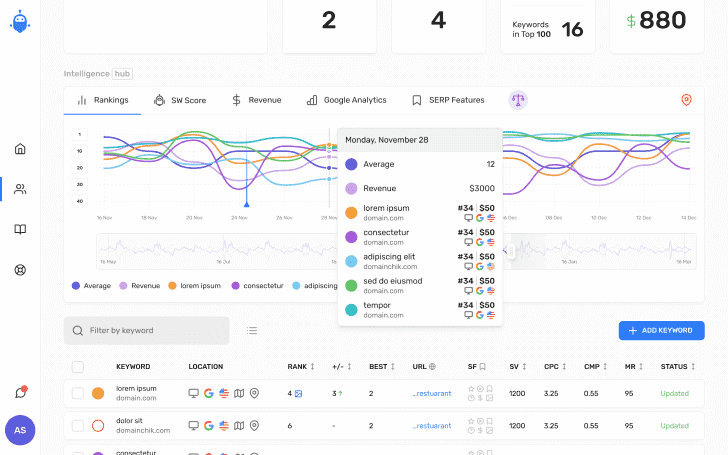Search engines play a vital role in the success of any online business. With millions of websites competing for visibility, it’s important to understand how search engine optimization (SEO) works and how you can leverage it to improve your website’s rankings.
To summarize, understanding SEO is crucial for improving your online business. By implementing effective strategies, such as optimizing your website, targeting relevant keywords, building backlinks, and focusing on user experience, you can increase your website’s visibility in search results and attract more organic traffic.
Here are six key takeaways:
- SEO drives organic traffic: By ranking higher in search results, you can attract more visitors to your website.
- SEO establishes credibility: Improved rankings and visibility can help establish your website as a trusted source in your industry.
- SEO increases brand awareness: Higher visibility means more people will see your brand, leading to increased recognition and potential customers.
- SEO keeps you competitive: By optimizing your website better than your competitors, you can attract more visitors and potential customers.
- Keywords and on-page optimization matter: Incorporating relevant keywords into your website’s content and optimizing on-page elements can improve visibility in search results.
- Off-page optimization is essential: Building backlinks, improving domain authority, and leveraging social media for content promotion can boost your website’s visibility and attract more traffic.
Explanation of SEO and its importance
So, what exactly is SEO? SEO stands for search engine optimization, and it refers to the process of optimizing your website to improve its visibility in search engine results pages (SERPs). But why is this important?
Gain Organic Traffic: Search engines are the primary source of traffic for most websites, and ranking higher in search results means more people are likely to find and visit your website.
Improve Rankings: Users tend to trust websites that appear at the top of search results, so improving your website’s ranking can establish credibility and authority in your industry.
Increase Brand Awareness: Higher visibility in search results means more people will see your brand, leading to increased awareness and recognition. This can result in more leads, conversions, and loyal customers.
Stay Ahead of Competitors: SEO allows you to stay competitive by optimizing your website better than your competitors. By appearing higher in search results, you can attract more visitors and potential customers.
Understanding the basics of SEO is essential for any business owner or marketer looking to improve their website’s visibility and drive organic traffic. Implementing SEO strategies can have a significant impact on your website’s success.
How Search Engines Work
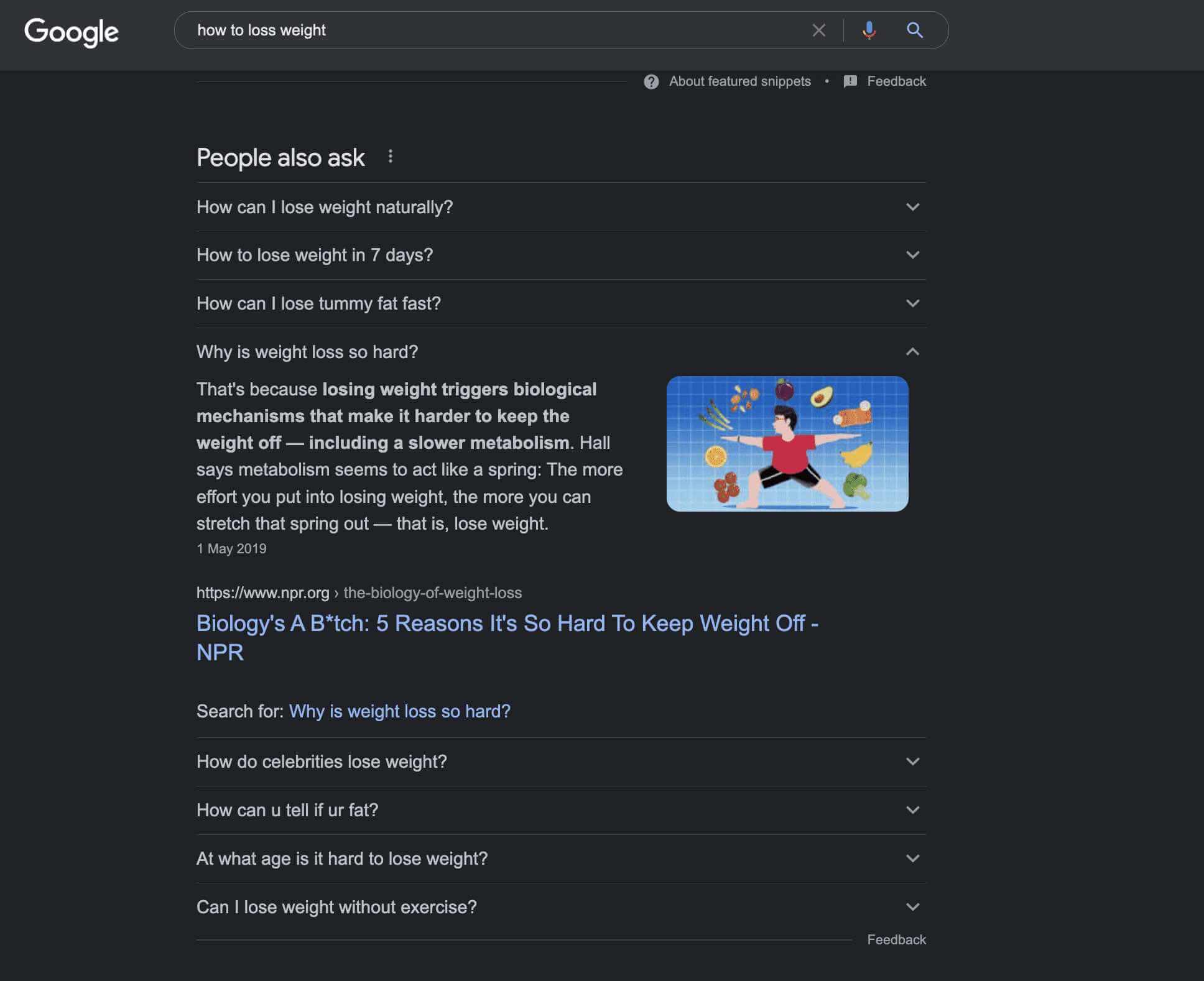
Search engines are answer machines that aim to discover, understand, and organize the vast content available on the internet to provide the most relevant results to search queries. To show up in search results, your content needs to be visible to search engines. The process of search engines working can be broken down into three primary functions:
Crawling and Indexing
Search engines use crawlers or spiders to discover and collect content from web pages. These crawlers follow links to find new and updated content. The collected content is then stored and organized in an index, which is a massive database of URLs. When a searcher queries a specific topic, the search engine scours its index for relevant content.
Ranking Algorithm

Search engines use algorithms to determine the ranking of search results. These algorithms analyze various factors, including relevance, backlinks, freshness, page speed, mobile-friendliness, and personalized search history. Backlinks play a significant role in ranking, as they indicate the authority and credibility of a website. Relevance ensures that the search results align with the searcher’s query. Freshness is important for queries that require up-to-date information.
Understanding how search engines work is crucial for optimizing your website for better visibility in search results. By implementing SEO best practices and focusing on factors like relevance, backlinks, and user experience, you can improve your website’s ranking and increase organic traffic.
Keywords and On-Page Optimization
When it comes to optimizing your website for search engines, keywords play a crucial role. They are the words and phrases that users enter into search engines when looking for information or products. Incorporating relevant keywords into your website’s content helps search engines understand what your website is about and improves its chances of ranking higher in search results.
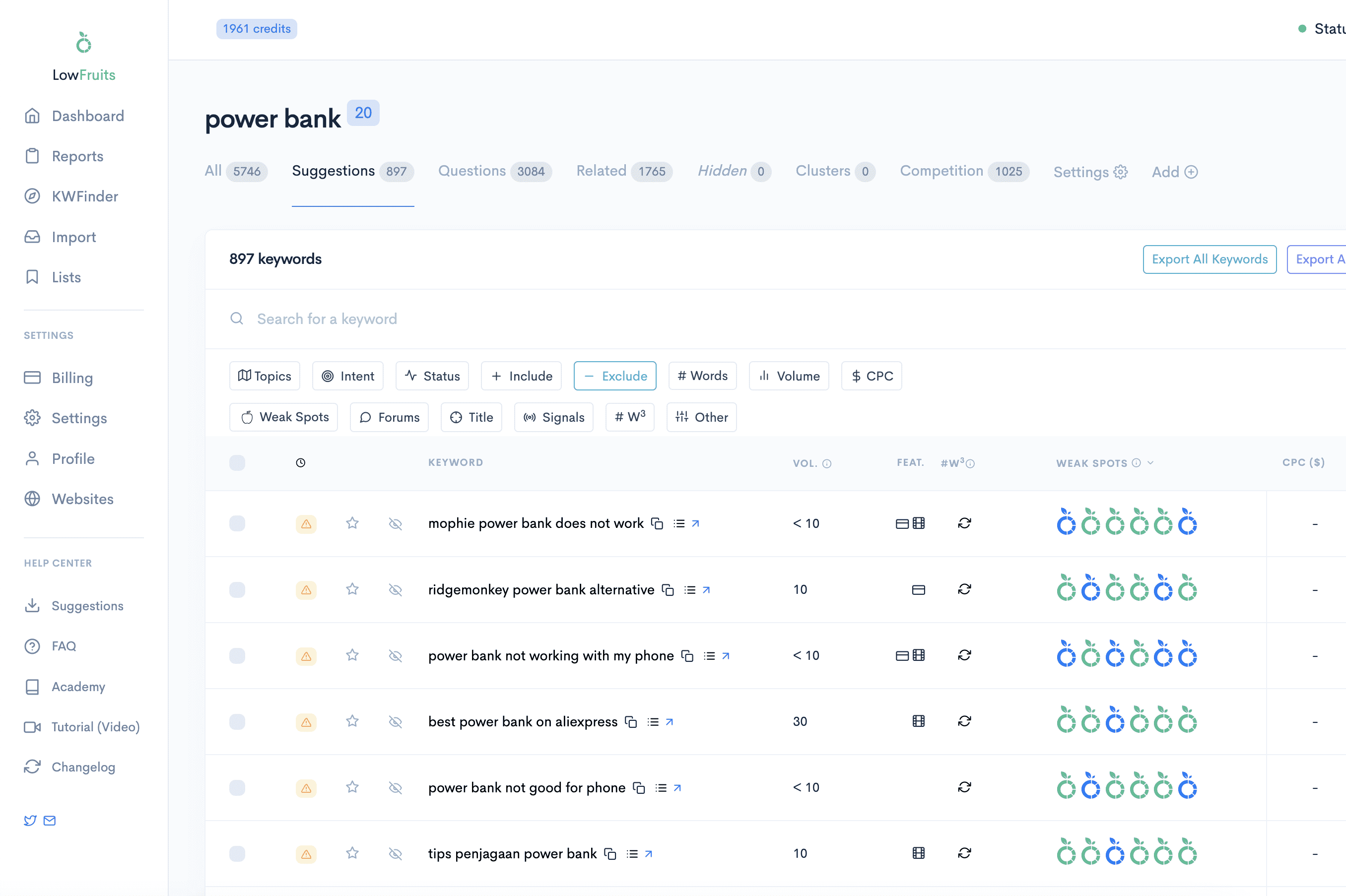
Importance of keywords in SEO
Keyword research is an essential part of any SEO strategy. By identifying the keywords that your target audience is searching for, you can optimize your website’s content to match their search intent. This increases your chances of attracting organic traffic to your site.
Optimizing title tags, meta descriptions, and header tags
Title tags, meta descriptions, and header tags are important on-page elements that should be optimized with your target keywords. The title tag appears as the headline in search results and should accurately describe the content of your webpage. Meta descriptions provide a brief summary of the page’s content and help users decide whether to click on your link or not. Header tags (H1, H2, etc.) help search engines understand the structure and hierarchy of your content.
By including relevant keywords in these elements, you can improve your website’s visibility in search results and increase click-through rates. However, it’s important to use keywords naturally and avoid keyword stuffing, as this can negatively impact your website’s rankings.
Remember, SEO is an ongoing process, and it’s essential to regularly monitor keyword performance and make adjustments accordingly. By staying on top of keyword trends and optimizing your on-page elements, you can improve your website’s visibility in search engines and attract more organic traffic.
Off-Page Optimization
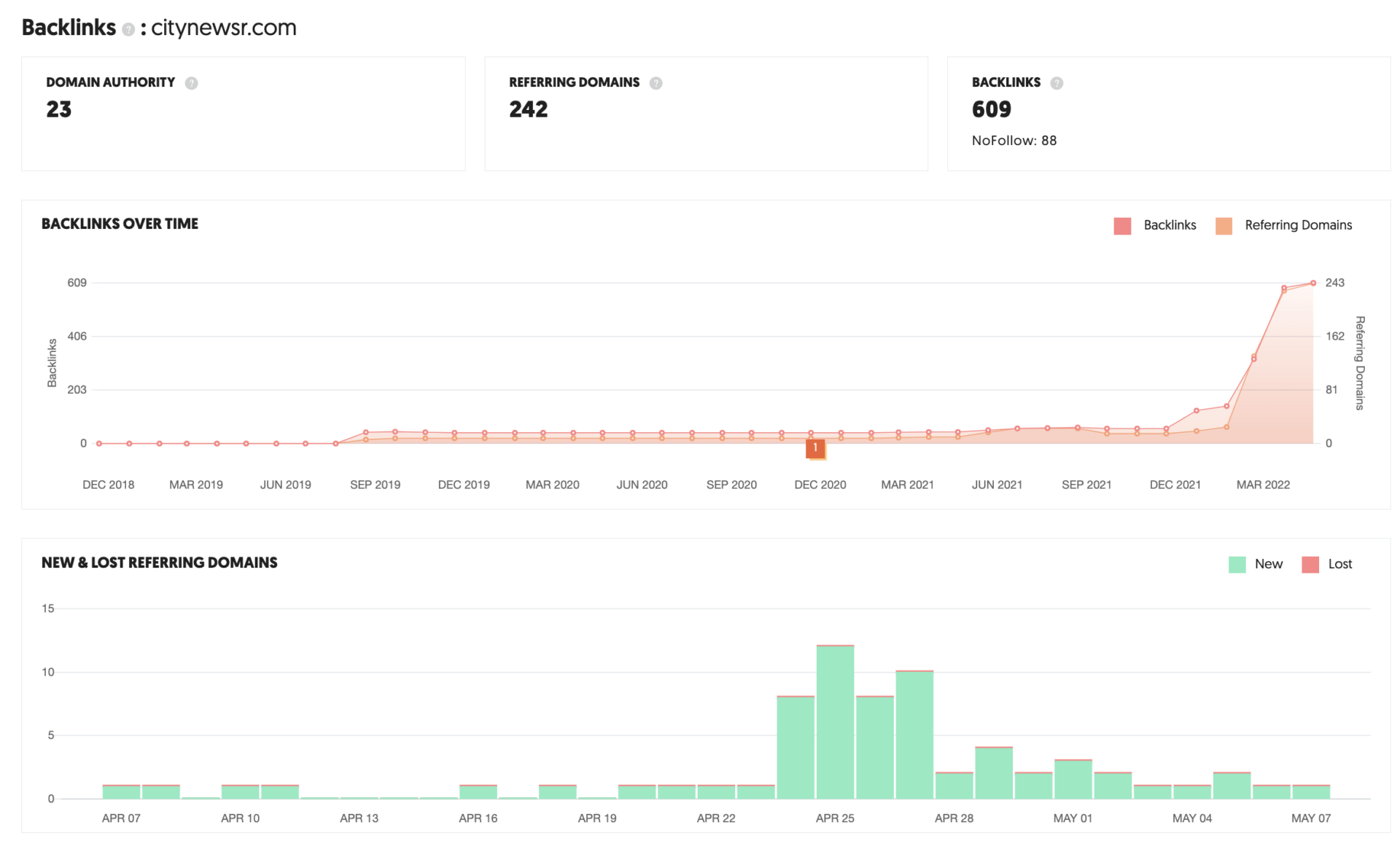
When it comes to improving your website’s visibility in search engine results, off-page optimization plays a crucial role. It involves strategies and actions taken outside of your own website to impact your rankings in search engine results pages (SERPs) and attract more traffic.
Building backlinks and improving domain authority
One of the key components of off-page optimization is building backlinks, which are links from other websites that point to your site. Search engines view these backlinks as a vote of confidence in your content and consider them as a sign of your website’s authority and relevance.
To improve your off-page SEO, focus on earning high-quality backlinks from reputable and relevant websites. This can be achieved through various methods such as guest posting, influencer outreach, and creating valuable content that others want to link to.
Another important factor in off-page optimization is domain authority (DA), which is a metric that predicts how well a website will rank in search engines. By increasing your website’s DA through building quality backlinks and engaging in other SEO practices, you can improve its chances of ranking higher in search results.
Social media and content promotion
In addition to building backlinks, off-page optimization also involves promoting your content through various social media platforms. Sharing your content on social media can help increase its visibility, attract more readers, and potentially earn more backlinks.
Engaging with your audience on social media platforms also helps build brand awareness and trust. By sharing valuable content and interacting with users, you can establish your authority in your industry and drive traffic back to your website.
In conclusion, off-page optimization is an essential part of any comprehensive SEO strategy. By focusing on building high-quality backlinks, improving domain authority, and leveraging social media for content promotion, you can boost your website’s visibility, increase organic traffic, and achieve better search engine rankings.
Technical SEO
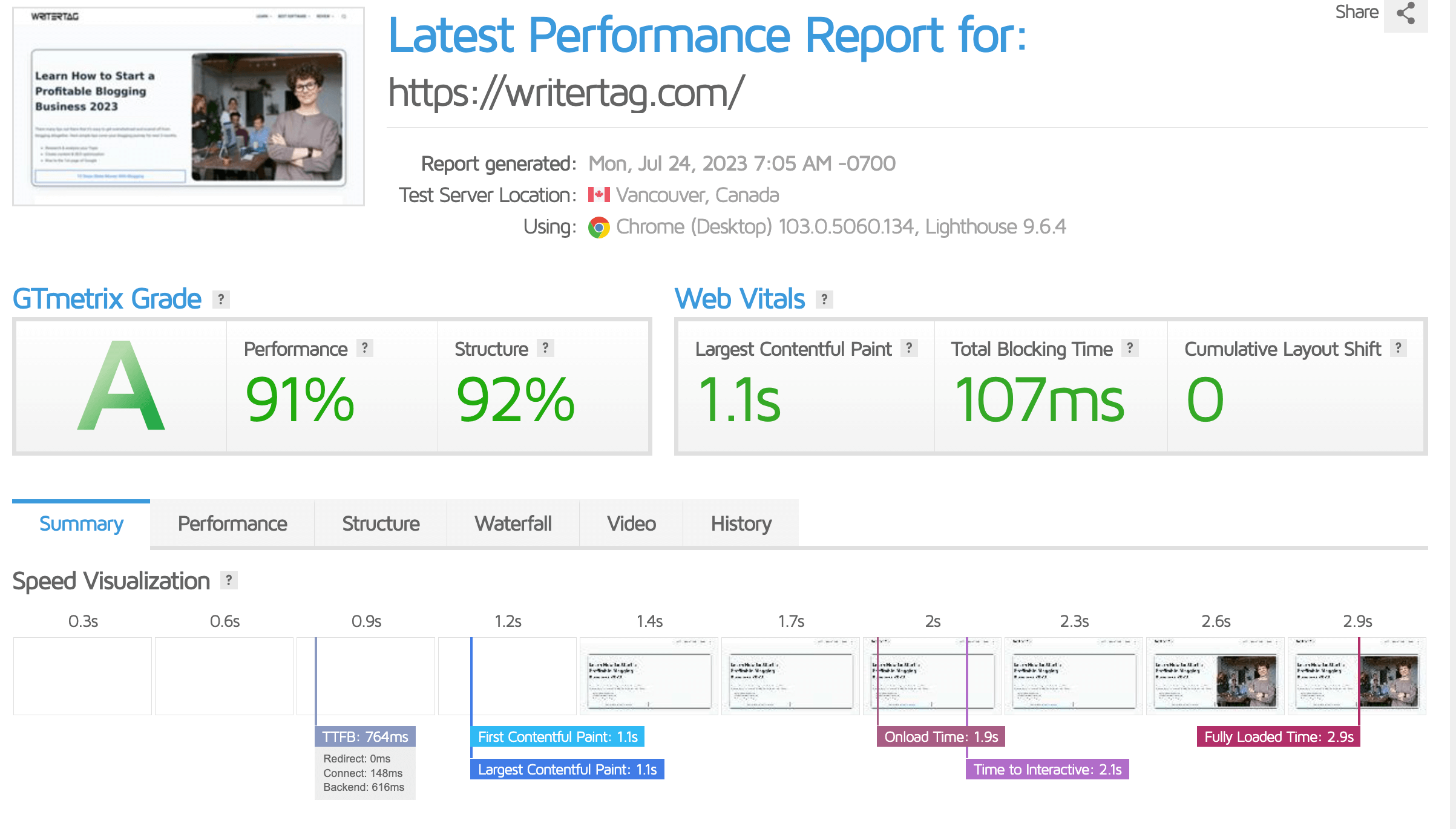
When it comes to getting your website noticed by search engines, technical SEO plays a crucial role. It refers to the optimization of your website’s technical elements to improve its visibility and performance in search engine rankings. Here are two key aspects of technical SEO:
Website speed and mobile responsiveness
Website speed and mobile responsiveness are factors that search engines consider when ranking websites. A slow-loading website or one that isn’t mobile-friendly can result in a poor user experience, which can negatively impact your search engine rankings. Optimizing your website for speed and ensuring it is fully responsive on all devices is essential for better visibility in search results.
XML sitemaps and robots.txt
XML sitemaps and robots.txt are files that provide instructions to search engines about the content on your website. An XML sitemap lists all the pages on your site, helping search engines crawl and index them efficiently. Robots.txt, on the other hand, tells search engine crawlers which parts of your site should not be accessed. Properly implementing and optimizing these files can improve your website’s visibility in search results.
Understanding the basics of technical SEO is vital for optimizing your website for search engines. By focusing on elements like website speed, mobile responsiveness, XML sitemaps, and robots.txt, you can improve your website’s performance and increase its chances of ranking higher in search results.
Top 5 AI Writer for In 2025
Discover the top 5 AI writers that can help you create SEO optimized articles to achieve higher rankings in SERP. From thorough analysis to skillfully crafting content, these AI writers have got you covered.

#1 Surfer SEO
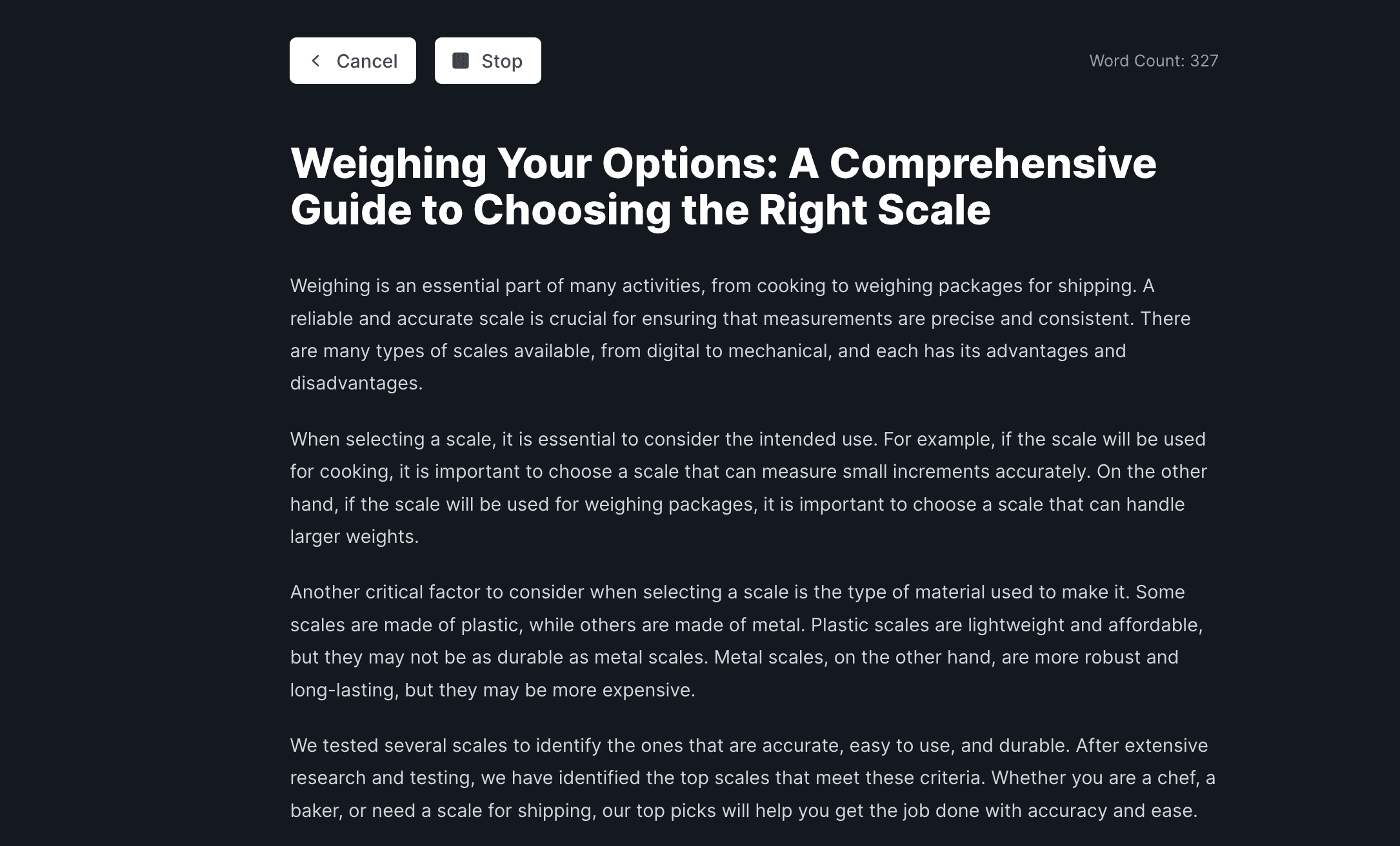
#2 Koala AI Writer
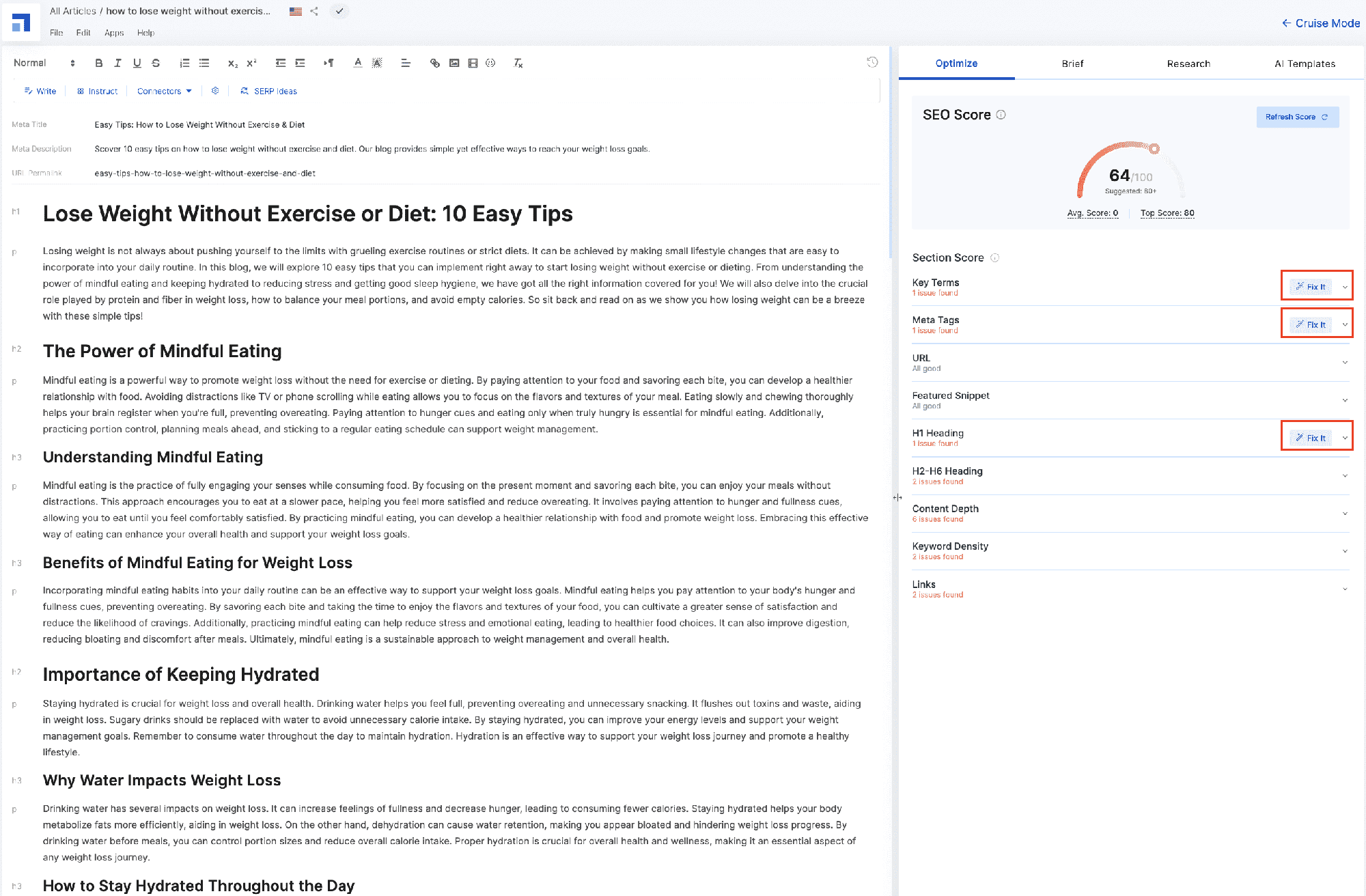
#3 Scalenut

#4 Katteb Ai
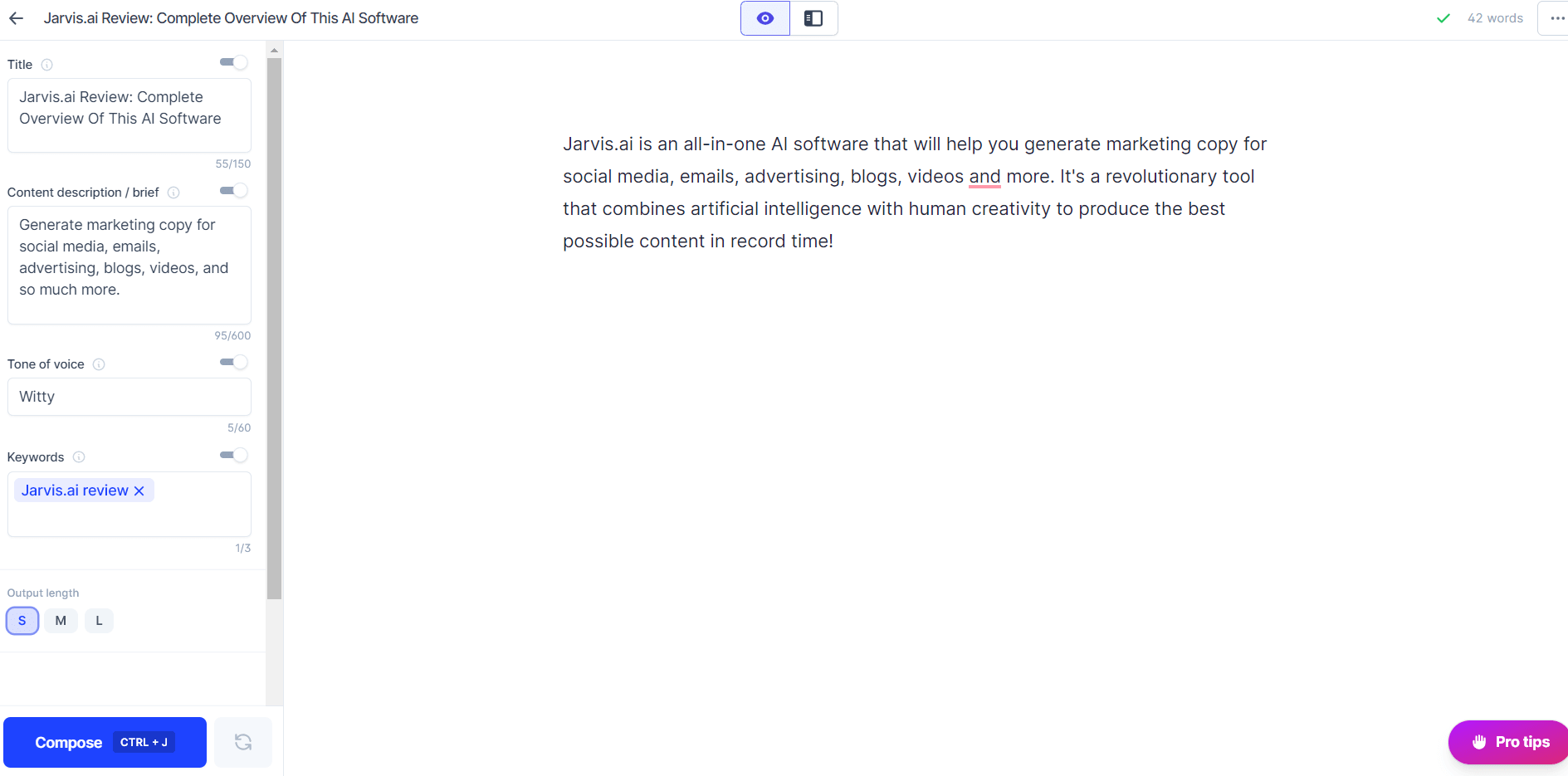
#5 Jasper Al
User Experience and SEO
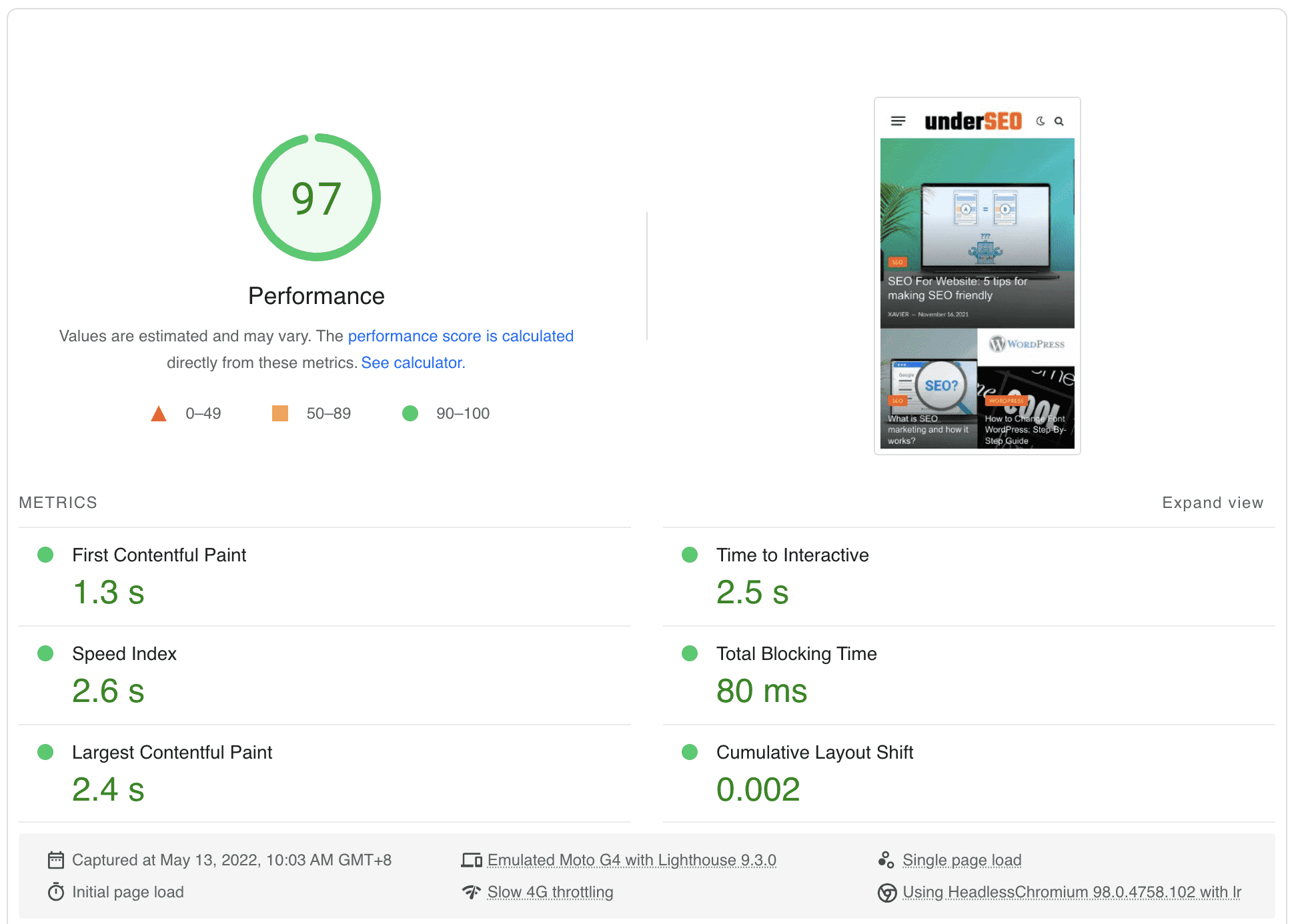
When it comes to optimizing your website for search engines, user experience plays a crucial role. Search engines like Google prioritize websites that provide a positive user experience. Here are two key aspects of user experience that are important for SEO.
Website design and navigation
A well-designed website with intuitive navigation enhances the user experience. A clear and organized layout helps visitors find the information they need quickly and easily. Make sure your website has clear headings, a logical hierarchy, and easy-to-use navigation menus. The goal is to make it as simple as possible for users to navigate your website and find what they’re looking for.
Mobile-friendly design and responsive layouts
With the increasing popularity of mobile devices, having a mobile-friendly website is essential for both users and search engines. Mobile-responsive designs automatically adjust the layout and content to fit different screen sizes, providing a seamless browsing experience. Search engines like Google consider mobile-friendliness as a ranking factor, so it’s crucial to optimize your website for mobile devices.
By prioritizing user experience on your website, you’ll not only improve your SEO rankings but also create a positive impression on your visitors. A well-designed, user-friendly website can lead to increased engagement, longer visit durations, and higher conversion rates. So make sure to invest in user experience optimization to ensure the success of your website in search engine rankings.
Local SEO

Local SEO is an important aspect of search engine optimization that focuses on optimizing your website to appear in local search results. When people search for products or services in their local area, you want your business to be among the top results. Here’s how you can optimize for local search:
Optimizing for local search results
1. Claim and optimize your Google My Business listing: This allows you to provide important information about your business, such as your address, phone number, and hours of operation. It also enables you to appear in Google Maps results.
- Use location-specific keywords: Include the name of your city or region in your website’s title tags, headings, and content. This helps search engines understand where your business is located and improves your chances of ranking higher in local search results.
- Create location-specific landing pages: If you have multiple locations, create separate landing pages for each one. Optimize these pages with relevant keywords and information about the specific location.
Google My Business and online reviews
Google My Business is a powerful tool for local SEO. It allows you to manage your business listing on Google Maps and respond to customer reviews. Online reviews play a crucial role in local SEO, as positive reviews can boost your visibility and credibility.
Encourage your customers to leave reviews on platforms like Google My Business, Yelp, or Facebook. Respond to their feedback, whether it’s positive or negative, as this shows potential customers that you value their opinion.
By optimizing for local search and leveraging the power of Google My Business and online reviews, you can improve your visibility in local search results and attract more customers to your business.
Measuring SEO Success
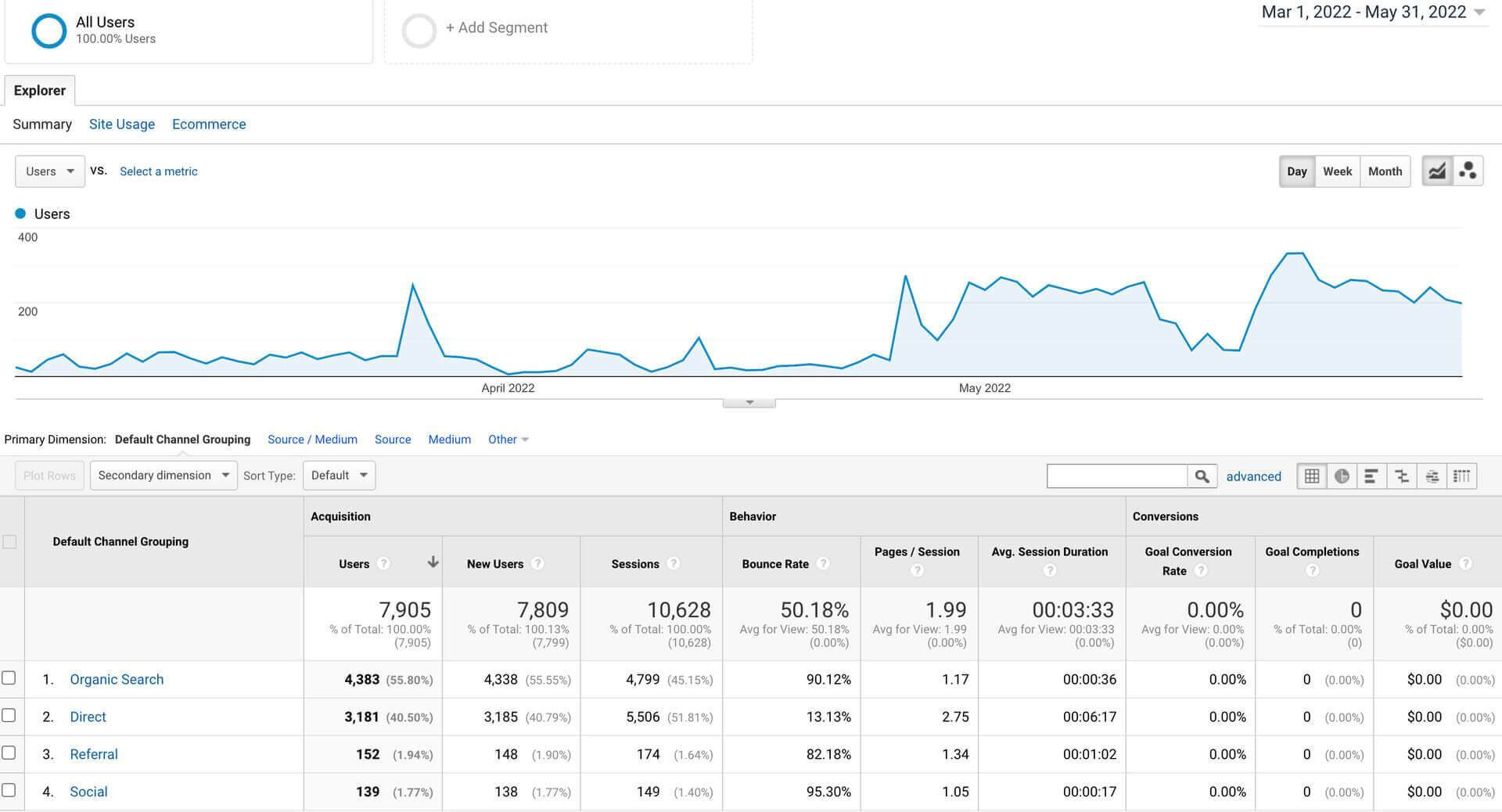
Tracking and measuring the success of your SEO efforts is essential to understand how well your website is performing and to identify areas for improvement. There are several key metrics you can use to measure and track SEO performance:
Tracking keyword rankings and organic traffic
One of the most important metrics in SEO is tracking keyword rankings. A keyword ranking is the position of your website on a search engine results page (SERP) for a specific keyword or phrase. The higher your rank, the more likely you are to drive organic traffic to your site. To track keyword rankings, you can set up a campaign using tools like SEMrush, which will automatically track your rankings daily.
Another important metric to measure is organic traffic. Organic traffic refers to the number of visits coming to your website from search engines. It indicates how well your webpages rank for relevant keywords and the quality of traffic you are getting. You can measure organic traffic using tools like Google Analytics, which provides accurate data on your website’s performance.
Analyzing website analytics and user behavior
Website analytics provide valuable insights into how users interact with your site. You can analyze metrics like bounce rate, which measures the percentage of users who leave your site immediately after visiting, and click-through rate (CTR), which shows the percentage of users who click on your website from the SERP.
Analyzing user behavior can help you identify any weaknesses in your SEO approach or website design. For example, a high bounce rate may indicate that your content is not engaging or relevant to visitors. By monitoring these metrics and making data-driven decisions, you can optimize your SEO strategy and improve the user experience on your site.
In conclusion, tracking and measuring SEO success is crucial for understanding the impact of your efforts and identifying areas for improvement. By tracking keyword rankings, organic traffic, and analyzing website analytics and user behavior, you can make informed decisions to drive more traffic and improve your website’s performance in search engine rankings.
Conclusion
Understanding the basics of SEO is essential for any business looking to improve their online presence and attract more organic traffic. By implementing effective SEO strategies, you can increase your website’s visibility in search engine results and drive more targeted traffic to your site.
Tips for implementing successful SEO strategies
To ensure success with SEO, here are some tips to keep in mind:
- Conduct keyword research: Thoroughly research relevant keywords that your target audience is searching for and optimize your content accordingly.
- Create high-quality content: Offer valuable, informative, and well-written content that resonates with your audience and addresses their needs.
- Optimize your website for mobile: With the increasing use of mobile devices, it’s crucial to have a mobile-friendly website to improve user experience and search engine rankings.
- Build high-quality backlinks: Earn backlinks from reputable websites in your industry to increase your website’s authority and visibility.
- Monitor and analyze performance: Regularly track your website’s performance using tools like Google Analytics to identify areas for improvement and make data-driven decisions.
By implementing these tips and constantly staying updated with the latest SEO trends and best practices, you can improve your website’s visibility, drive more organic traffic, and ultimately achieve online success.

